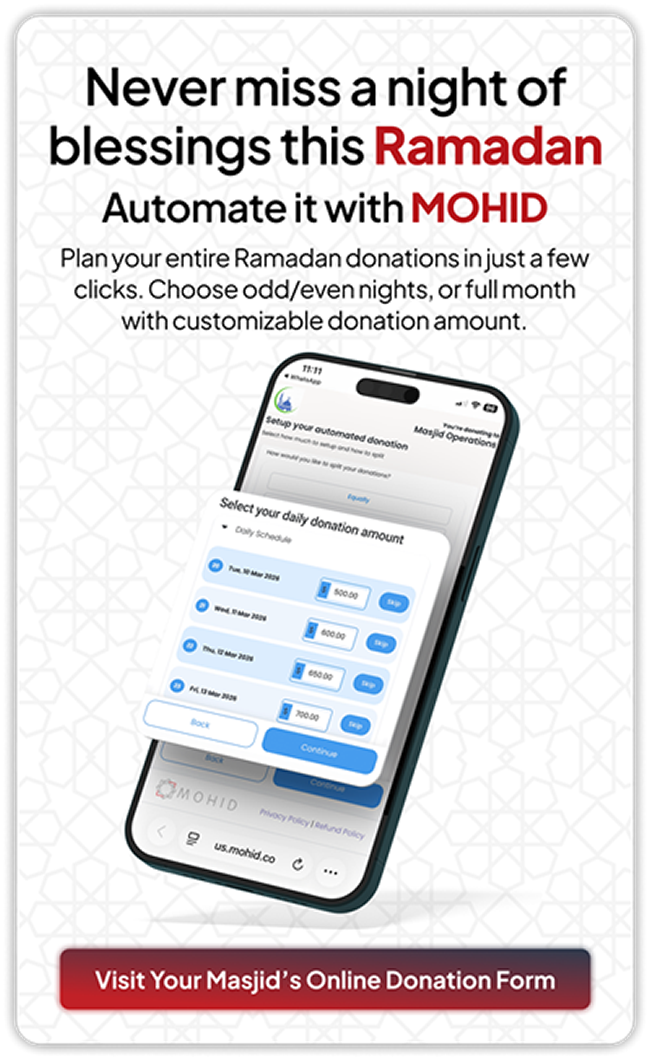In a rapidly changing world, mosques face the challenge of connecting with young Muslims who may feel disconnected from traditional religious institutions.
As the frequency of mosque attendance declines among Muslims in countries like the United States, mosques need to adapt and find new ways to engage young Muslims.
By leveraging social media and addressing mental health issues, mosques can create inclusive spaces where young Muslims feel valued and empowered in their faith journey.
Ways to Engage with Youth
-
Utilize Social Media Platforms
Social media is crucial in communication and community building in today’s digital age. Mosques can use platforms like Facebook, Instagram, and Twitter to share updates about upcoming events, inspirational messages, and educational content related to Islam.
By engaging with young Muslims on these platforms, mosques can support a sense of connection and belonging.
-
Host Youth-Focused Programs and Events
Organizing youth-focused programs and events can help mosques attract young Muslims and create spaces where they feel welcomed and understood.
These programs can include focus groups, workshops, and seminars on topics relevant to young Muslims, such as mental health, relationships, and spirituality.
-
Provide Mental Health Support
Addressing mental health issues is crucial for supporting the well-being of young Muslims.
Mosques can offer counseling services, support groups, and workshops on mental health awareness to provide social support and resources for those struggling with mental health challenges.
-
Support a Sense of Community
Creating a strong sense of community within the mosque can help young Muslims feel connected and supported in their faith journey.
Mosques can organize community iftars during Ramadan, community service projects, and social events to unite young Muslims and foster brotherhood and sisterhood bonds.
-
Offer Educational Programs
Providing educational programs on Islam and related topics can help young Muslims deepen their knowledge of their faith and strengthen their spiritual connection.
Mosques can offer classes on Quranic studies, Islamic history, and the life of the Prophet Muhammad (peace be upon him).
-
Create Safe Spaces for Discussion
Facilitating open and honest discussions about Islam, faith, and contemporary issues can help young Muslims explore their beliefs and values in a supportive environment.
Mosques can organize focus groups and discussion circles where young Muslims can share their thoughts and experiences without fear of judgment or discrimination.
-
Provide Mentorship Opportunities
Pairing young Muslims with mentors who can provide guidance, support, and encouragement can be invaluable in their personal and spiritual development.
Mosques can establish mentorship programs where experienced members of the community mentor young Muslims and help them navigate the challenges they face.
-
Empower Youth Leadership
Empowering young Muslims to take on leadership roles within the mosque can help them feel invested in the Muslim community and develop valuable leadership skills.
Mosques can create youth advisory boards, youth committees, and leadership development programs to nurture the leadership potential of young Muslims.
-
Incorporate Technology and Innovation
Using technology and innovation can help mosques reach young Muslims where they are.
Mosques can develop mobile apps, online platforms, and virtual events to engage young Muslims and provide them with resources and support on their faith journey.
-
Address Islamophobia and Discrimination
Providing education and resources to combat Islamophobia and discrimination can help young Muslims navigate the challenges of living in a society where anti-Muslim sentiment is prevalent.
Mosques can offer workshops, seminars, and resources on Islamophobic discrimination and how to respond effectively.
-
Celebrate Diversity and Inclusion
Promoting diversity and inclusion within the mosque can create a welcoming environment where young Muslims from diverse backgrounds feel accepted and valued.
Mosques can celebrate cultural diversity, welcome different perspectives, and actively work to create an inclusive space for all Muslims.
-
Encourage Active Participation
Encouraging young Muslims to participate actively in mosque activities, events, and initiatives can help them feel invested in the Muslim community and develop a sense of ownership over their faith.
Mosques can create opportunities for young Muslims to volunteer, contribute ideas, and take on leadership roles.
Final Thoughts
Mosques have a unique opportunity to engage and empower young Muslims by leveraging social media, promoting community culture, addressing mental health issues, and providing educational and mentorship opportunities.
By creating inclusive spaces where young Muslims feel valued and supported, mosques can play a vital role in nurturing the next generation of Muslim leaders and believers.










